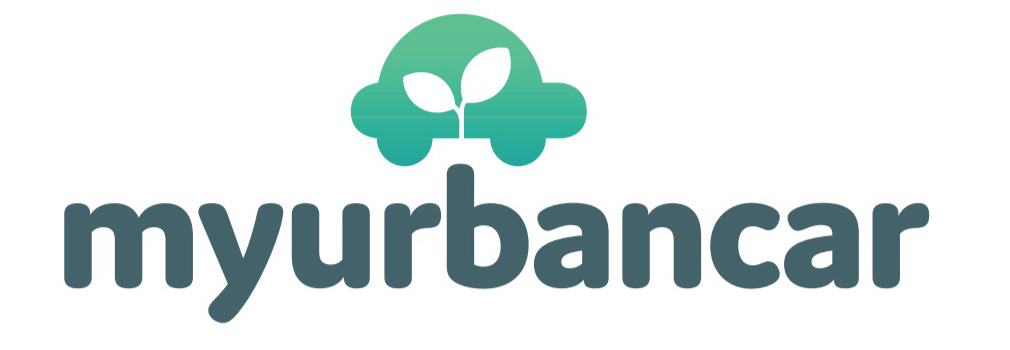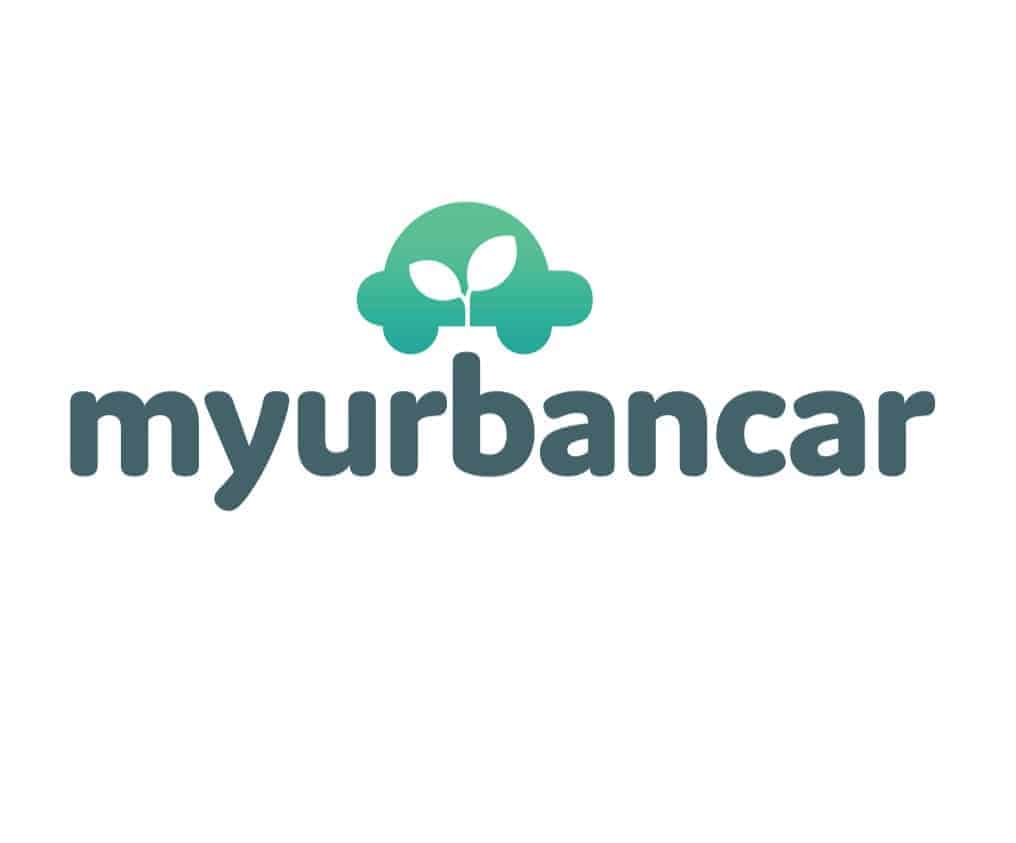We’ve already done our A-Z of electric cars and the best deals in the UK but what can we do about the cost of EV charging? Well we’ve redone our UK charging cost survey in one simple graphic that will help you pay 20-40% less when you DC charge your EV.
- Green will give you a big saving on every charge
- yellow is reasonable
- orange is ok but not great and
- red.. Nobody likes to go in the red do they? These are so ridiculously expensive that… you may as well only ever bathe in vintage Champagne. This is the most luxurious set of a electrons money can buy.
Why would you do that? No idea.. all kilowatts are the same and many of those green and yellow chargers are actually faster and will save you time.

What’s in the purple boxes on the right?
Do you want to get in an argument in a media comments section or down the pub about whether EV’s are cheaper to charge than petrol? If so we give you a pretty good idea of what’s the most you can pay per kWh for charging before it costs more than petrol.
The price varies according whether the petrol car is efficient or not.. so we’ve provided 35mpg and 45mpg numbers based on the RAC average petrol price on the date of the graphic. It also varies according to how many miles per kWh you get, Whether your EV gets a virtuous 4 miles per kWh or a lead footed 3 miles per kWh you can see how much it costs by comparison with burning petrol.
Remember most electric car drivers only pay these prices occasionally as they
- can charge at home for 25p per kWh peak or 7p off peak
- Use AC public chargers for 35-60p
- Get discount cards or memberships for a single or many charging networks
- Tesla even sometimes offer a year’s free charging
If you do the majority of your charging at lower cost then the occasional DC charger even in the red zone won’t change the fact that over a year EV charging will cost less than petrol. On the other hand if your EV is inefficient and you do all your charging in the red zone at an undiscounted price you might even end up paying more than petrol. The choice, as they say, is yours.
Feel free to save the image on your phone so you have it to hand when considering charging options.
So you expect me to believe the electrons delivered for under 70p are just as good as the red ones from oil companies?
Yes.. identical. Maybe they want EV’s to cost more than petrol for some reason?
Ok but the cheaper chargers will be single chargers only that only work 3 times a year on a full moon offering 40kW won’t they?
Nope we’ve concentrated on the ones that offer decent speeds and or often offer some hubs with at least 4 charging bays. Some small operators have flaky payment systems so try one when you have range to go elsewhere especially if it isn’t a hub with 4+ chargers.
Tesla Superchargers – Up to 250kW
Open to almost all EV’s in Scotland and Wales and most in England except where they are next to another network’s hub. To use the bays like Tesla’s do it’s easiest to have a rear left or front right charge port. We would avoid the ones offering less than 250kW as they have shared power with the bay next you which halves your charge speed eg 120kW delivers max 60kW,
Dragon charging
Decent chargers in South Wales – some bigger hubs some not. Decent value. We have tried them.
E.on
Scattered about a bit but 300kW chargers often with 8 or 12 chargers that are 800v capable makes it a decent option and good value. We have tried it. They are popular and busy.

Payment – Not purely an E.on issue.. we have had the same with Sainsbury’s smart charge.. always carry a high street bank card with you as some payment systems refuse to accept Visa payment from new payment providers like Revolut and sometimes decline Applepay as well. it is extraordinary that chargers refuse to accept payment mechanisms that work literally everywhere else including the stores they are outside.
EV on the move
Across the country but especially around Liverpool, Manchester, Preston and Burnley. We tried one in Billingshurst Sussex which actually used the latest Tesla 250kW V4 units. If you are a Tesla owner it will bill you on the Tesla account as soon as you plug in. As a result we couldn’t test payment options.
evpoint
This operator has a wide variety of option from single 50kW units to big hubs (12x175k near Heathrow M4 junction) to 4x300kW just north of Liverpool. Price is the same for all. We tried the Heathrow one.. main issue was which lane to get into for the roundabouts from M4!
Fuse
Worth a look with prices that are wildly different by location from well into green to borderline orange. If you have one near you it’s worth checking out. We have not tried them yet.
Be.EV
Lot’s of chargers around Manchester and Wigan although mainly rather slow single units. We have not tried these yet.
Zest
Mostly slower (fastest seems to be 4x120kW near Doncaster). We have not tried these yet.
For EV
Scotland only for now with hubs which seem to be from 4x200kW in Oban to a what may be.. the slowest CCS chargers in the world at.. wait for it.. 4x26kW CCS in Inverness!
Fastned
A quality operator with distinctive hubs just in our yellow price zone with chargers offering speeds of 100kW up to 400kW from Dundee to Dover. If your car supports autocharge you just be able to plugin without any delay (after setting up payment on your first charge, see website).. if all works to plan.
Why pricing matters
There are some fantastic and some awful charging networks in the red zone. They have invested a lot of money to build great infrastructure and I want them to succeed. They believe they will make money delivering 5 charges a day at 3x the domestic electricity rate. I want them to make more money by offering 15 charges a day for 2x the domestic electricity price.
If they do this they will not only get more business from more expensive networks, they will attract people to who only ever charge at home because prices are so ridiculous. Essentially their model is opening pubs that sell beer for £20 a pint. More people will go to the pub if the price is seen as fair.. it doesn’t have to be the same price as a can of Stella at home to grow the overall market but it can’t be absurd.
A targeted VAT cut to help cut charging costs
The car industry and many in the EV community want a blanket cut in the rate of VAT for public chargers.
We disagree but would like the UK Government to agree to reduce VAT from 20% to 5% for networks that offer DC PAYG charging to drivers for under 60p per kWh or less on contactless payment. This would be easy for all the green and yellow networks. Even our priciest yellow – Fastned would probably offer it. At their current price of 69p they receive 57.5p and the rest is VAT. At 60p they would get a net of 57.14p (1% less) and should also get more customers.
This targeted VAT reduction would put strong price pressure on the orange and red zone networks and the price for the 5% rate can be updated every year to ensure it always benefits competition.
We would also want a targeted VAT rate for AC public charging that costs less than 45p per kWh.
Why is this better than a blanket cut in VAT on charging?
We need to encourage competition and increase the take-up of Electric cars via policy the UK Government should be capable of delivering.
- Offering a VAT cut on all charging including the red zone does neither in our view
- The treasury is determined not to agree to a general cut with an open-ended loss of tax revenue, With this targeted policy the cost can be managed annually just by adjusting the price via OZEV. The limited cost may be more effective than other possible EV incentives.
This is something the UK government can deliver on. - All interest groups should ensure that costs for charger installation for networks fall by speeding up and cutting the cost of grid connections and planning. This is something the UK government must focus on.
- Silly UK laws that make it illegal to sign EV chargers on motorways and A roads but perfectly legal to sign petrol stations and donut shops should be fixed urgently.
This is something the UK government must focus on. - Finally if the new UK government finally reforms the rules on setting UK electricity prices then costs to networks should fall and finally allow for lower prices, profitable charging networks and 20% VAT on charging. Other countries have done this already.. let’s show this country’s government can be effective and functional.
This is something the UK government must focus on and deliver on quickly - One other thing unrelated to charging that the UK Government could do to encourage EV sales by waiving the EV Vehicle excise duty surcharge altogether of raising the threshold for electric cars to at least £50,000, ideally £60,000. This would properly reflect that EV owners often pay more to make an more environmentally responsible choice. It also reflects that many manufacturers set very high list prices for EV’s (over the current £40k threshold) but sell them for well under the threshold. In other words EV buyers spending £30-35k are often paying this tax.







[…] The price you pay for electricity as an owner is even lower and nearly always cheaper than fuel burning cars. Parity with petrol is probably 55p/kWh. Tesla owners usually pay nearer 40p while most public chargers are nearer 80p in January 2025. […]
[…] public chargers generally cost 5-10x more than charging overnight at home if you have a driveway. We need to encourage more competition across the UK for both DC and AC public charging and reduce unnecessary costs to […]